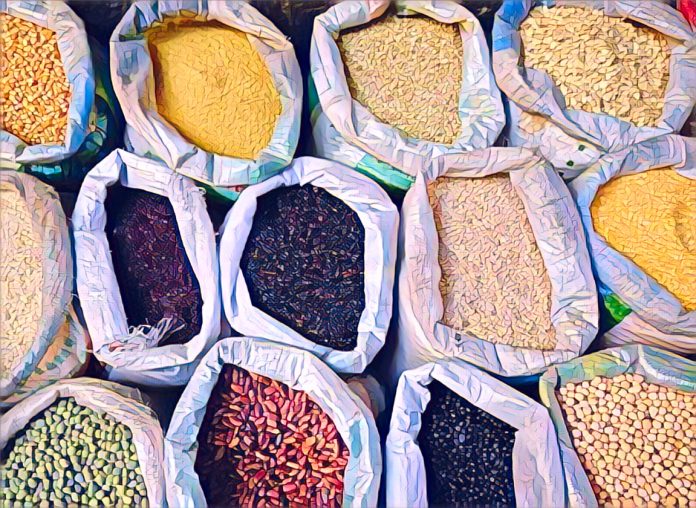Key Points
-
Agribusiness is transforming Nigeria’s non-oil GDP trajectory.
-
Value-chain innovation boosts farmer incomes and market reach.
-
Stronger policy and investment are catalysing agribusiness growth.
Nigeria is quietly pushing agribusiness to stop relying on oil, and the numbers are starting to show it. As oil markets become more unstable, agriculture and its value chain partners are quietly driving a new engine of growth, diversifying the economy, and boosting non-oil GDP in ways that matter.
Farming is still a big part of Nigeria’s economy. BusinessDay’s most recent data shows that the rise in crop production helped agriculture’s share of GDP reach almost 27.8% in early 2025. That’s not an easy task.
Agriculture still employs a huge number of people in the country, especially in rural areas, where it provides jobs for millions of people.
The agribusiness value chain is what makes growth happen
But planting seeds is only one part of modern agribusiness. The system for getting goods from farms to markets in Nigeria is getting more complex. Input suppliers are sending out better seeds, pesticides, and fertilisers. On the other hand, agro-processing zones and other forms of post-harvest processing turn raw crops into products that are worth more. This helps farmers make more money and keeps people working in food processing, packaging, and logistics.
The networks for distribution are also getting better. Because investors are interested again, more people in the agribusiness are building better connections between transportation and retail that help farmers get to markets faster. These connections are lowering spoilage and raising farmers’ profits.
Agribusiness makes the non-oil GDP more stable
We can now see how this will affect Nigeria’s non-oil GDP. As agribusiness grows, it protects the economy from sudden changes in oil prices.
In the third quarter of 2024, agriculture was one of the sectors that helped non-oil real GDP grow. That’s especially important now that the economy relies less on oil and more on farming, processing, and exporting.
Export dynamics also tell a big part of this story. There is a global demand for crops like cocoa and cashews, and Nigeria’s agribusiness sector is taking advantage of that. Despite agriculture making up a large part of the GDP, agro-exports don’t bring in as much foreign currency as one might think.
Policy, money, and the future
Policy and financing are two things that help agribusiness grow. For example, the African Development Bank is putting billions of dollars into agro-processing zones to improve the country’s value chain. These investments can help Nigeria’s farmland become a major exporter.
There are still big problems to deal with. Many farmers still don’t have access to modern tools, there isn’t enough irrigation, and transportation networks aren’t very strong. Insecurity and climate change make productivity even more at risk. And even though agribusiness makes a huge contribution to GDP, Nigeria only makes less than $400 million a year from its agricultural exports, which makes growth advocates angry.
But the future looks bright. By 2030, Nigeria could be able to tap into a $1 trillion food economy in sub-Saharan Africa if it strengthens its agribusiness. Youth-led agritech, mobile apps for managing farms, and digital supply chains can help speed up this change.
Nigeria can build a non-oil economy that works by supporting farmers, scaling up value-added processing, and attracting investment. This will create jobs, make sure there is enough food, and protect long-term growth.



